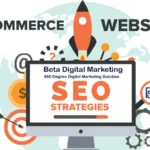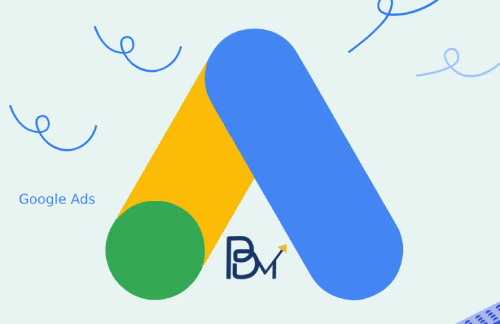9. Canva:
While not a traditional SEO tool, Canva is a valuable asset for small businesses engaged in content creation. Canva allows users to design visually appealing graphics for social media, blog posts, and other online platforms. Engaging visuals play a role in user experience, social sharing, and overall content performance, making Canva a cost-effective choice for small businesses with limited design resources.






